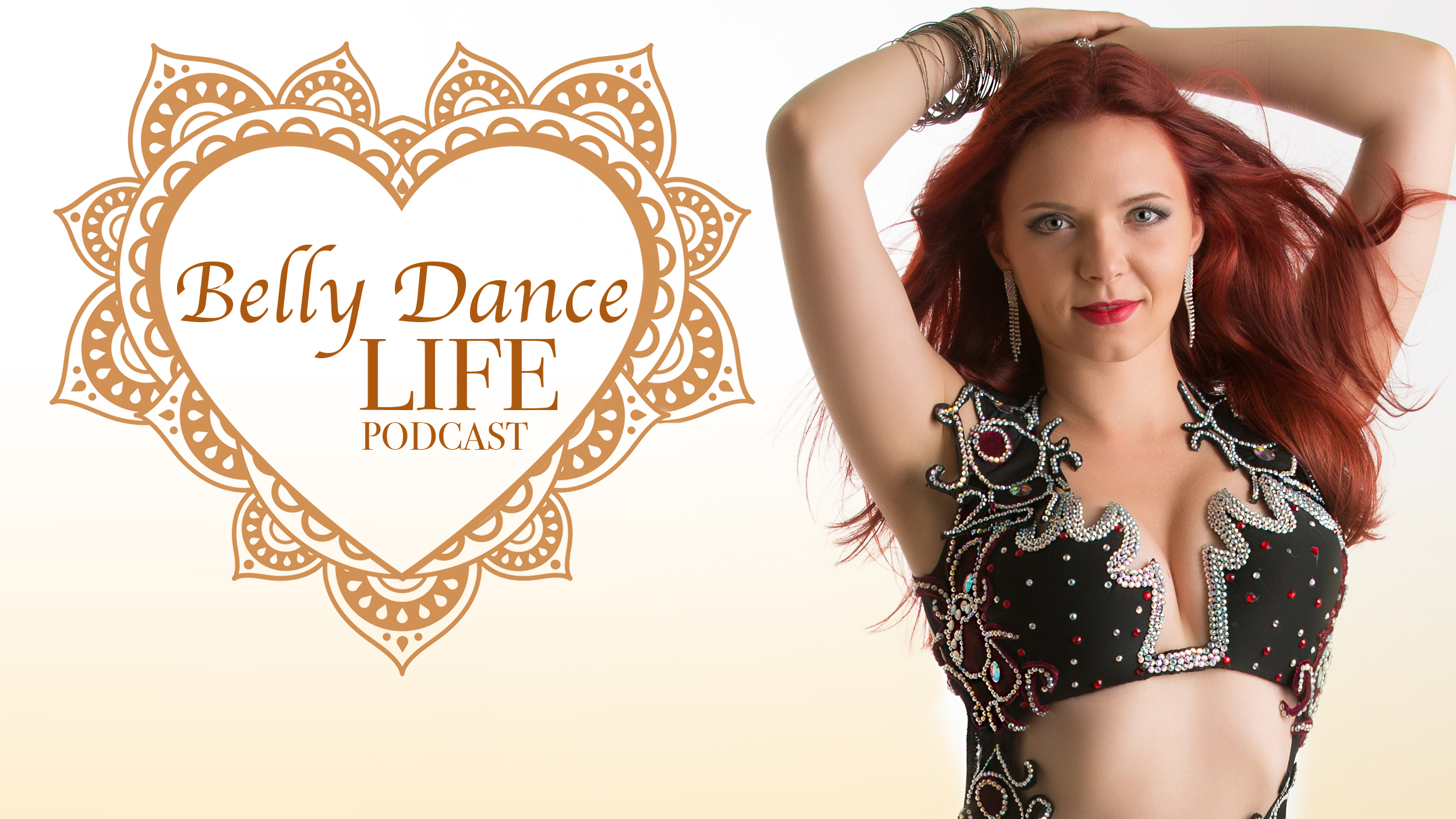Roxxanne Shelaby is a Southern California–based performer, teacher, and producer whose work is rooted in her Lebanese/Brazilian heritage and a lifelong immersion in Egyptian Style Oriental Dance. Raised in her family’s legendary nightclubs, Fez and Cascades, she grew up surrounded by live Middle Eastern music and dance, learning directly from iconic artists such as Feiruz Aram, Marie Silva, Sahra C. Kent, and members of Egypt’s Komeya Troupe. Roxxanne began performing at age five and professionally at sixteen at the request of Farida Fahmy, later studying with masters including Mahmoud Reda, Fifi Abdo, Aida Nour, and Ahmed Hussein. She spent 11 years performing with and serving as Assistant Director of Sahra C. Kent’s Ya Amar! Middle Eastern Dance Company, appearing in major U.S. festivals and international performances. Beyond performing, Roxxanne produces the showcases with live Arabic music, teaches internationally, and is the producer/director of the acclaimed Fez Documentary, preserving the history of belly dance on the U.S. West Coast while honoring its pioneering artists.
In this episode you will learn about:
The story of The Fez club in Hollywood and why it changed belly dance history forever
The surprising origin story of the Maya movement term and the dancer it was named after
The journey from “this should be a book” to creating a 90-minute documentary against all odds
The loss of long-form performance and what modern dancers are missing because of it
Why watching other dancers perform is as important as performing yourself















